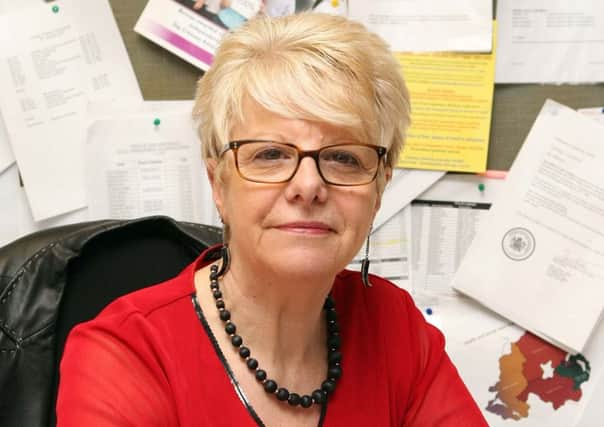Citizens’ Advice


A debt relief order (DRO) is one way to deal with your debts, if you meet the criteria. You may be eligible if all of the following apply to you:
you’re unable to pay your debts, which are worth up to £15,000;
Advertisement
Hide AdAdvertisement
Hide Ad you’ve got £50 or less left over each month after you’ve paid household expenses;
you don’t own your home;
savings or assets are worth less than £300;
you don’t own a car worth £1000 or more, unless it’s one that’s been specially adapted because you have a disability;
you haven’t had a DRO in the last six years and aren’t going through another formal insolvency procedure, such as bankruptcy or an individual voluntary arrangement (IVA);
you’ve lived, had a property, or worked in the UK in the last three years.
Advertisement
Hide AdAdvertisement
Hide AdDebts that can go into a DRO are called qualifying debts, including credit cards, overdrafts and loans; arrears with rent, utility bills, telephone bills, council tax and income tax; benefits overpayments; HPor conditional sale agreements; business debts.
To apply for a DRO, there’s a fee of £90. If you can’t afford to pay the fee you may be able to get help towards the cost from some charities. You have to go to a DRO adviser, also called an approved intermediary -
you can’t submit your own application.
You can find a DRO adviser at most local Citizens Advice Offices. While a DRO is in force:
You don’t have to make payments towards most types of debt included in your DRO and creditors can’t force you to pay off the debts.
At the end of the 12-month DRO period, if your circumstances remain the same, debts covered by the DRO will be written off.